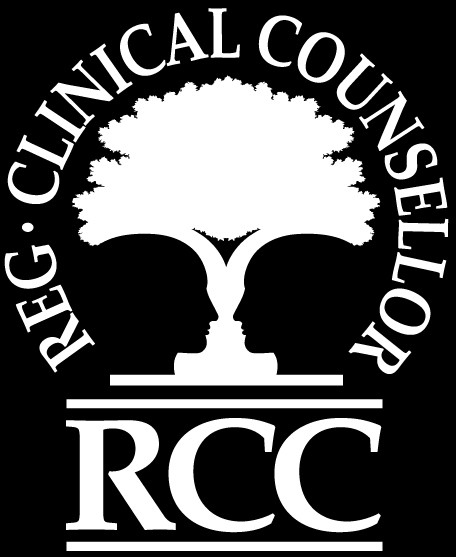 It is natural and normal for all of us to experience times of feeling down or low, and periods of worry or nervousness. However, for many people the downs and the worries, often referred to as depression and anxiety, get in the way of things that are important to them. Depression and anxiety are two of the most common and painful psychological struggles of being human; people can experience one or the other alone, or both at the same time.
It is natural and normal for all of us to experience times of feeling down or low, and periods of worry or nervousness. However, for many people the downs and the worries, often referred to as depression and anxiety, get in the way of things that are important to them. Depression and anxiety are two of the most common and painful psychological struggles of being human; people can experience one or the other alone, or both at the same time.
People frequently use the term ‘depression’ to describe various low mood states; and often the word is associated with a mild feeling of sadness associated with something that has happened. This would best be described as low mood.
Sometimes that sadness goes on for too long, and we find it very difficult – if not impossible – to ‘snap out of it’. This could be considered a mild depression. Major depression consists of feelings of misery, despair, hopelessness, and emptiness that seems to go on and on. Clinical levels of depression are painful and difficult, they deprive people of energy, motivation, hope and enjoyment in the things that they cherish and are passionate about.
Some of the signs of depression include:
- feelings of sadness, emptiness, and / or numbness
- feelings of worthlessness, hopelessness, and helplessness
- irritability and restlessness
- lack of energy and motivation, feeling tired most of the time no matter how much sleep you get
- loss of appetite or increase in appetite
- sleeping problems: not sleeping enough, or sleeping too much
- crying more that you usually do
- difficulty concentrating, focusing, making decisions or remembering things
- no longer having interest in, or enjoying, things that are usually important or pleasurable
- physical discomfort that can’t be explained, or relieved using medications (headaches, digestive troubles, body aches, etc)
- thoughts of death or suicide
Depression is difficult to diagnose on your own, and it usually not a good idea to even try. Instead we need to ask ourselves: “is how I’m feeling / thinking interfering with me enjoying/getting the most out of/moving forward with my family/friends/activities/ life?” If the answer is YES, then it’s time to talk to someone who can help.
Although depression can make you feel like you are alone, and make you want to isolate yourself from the world, you are very much not alone. Approximately 4% of the adult population are experiencing depression right now, and anywhere from 15 to 20% will experience it at some point in time in their adult lives[1].
There are different ways to treat depression. Studies support the use of medication and psychotherapy. Although cognitive behavioural therapy (CBT) is often recognized as an effective approach to depression, there are many different counselling approaches that research has found to be very effective.
Depression is not your fault. No one ever does anything that ’causes’ them to experience depression. The good news is that it is treatable, and people do recover. Depression may make you feel like you are in a deep dark pit with no way out, but that doesn’t mean that you actually are.
The key is to connect with help. Find a therapist who is experienced in addressing the symptoms of depression, who utilizes a counselling approach (or combination of) that works for you. Once you find that therapist and get started on treating your depression, stick with it. Your relationships, your life, your passions, your values, and you, are worth it.
At Summit Counselling, we’re here to help you. Call us today for a telephone consultation to get to know us, ask questions, and most importantly find the counsellor you feel comfortable with.
ReferencesPatterson, R. & Bilsker, D. (2002). Depression: Patient Guide. Department of Psychiatry, Faculty of Medicine. UBC: Vancouver, BC.

